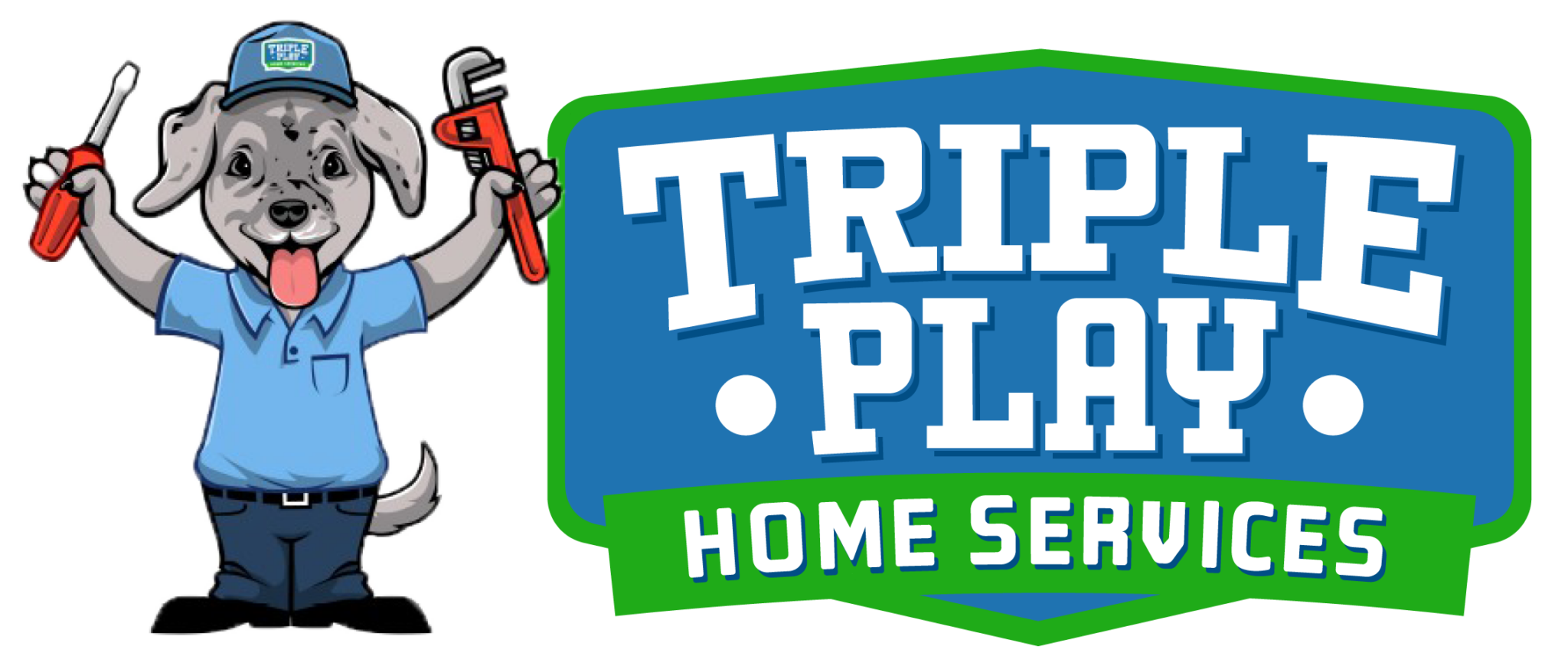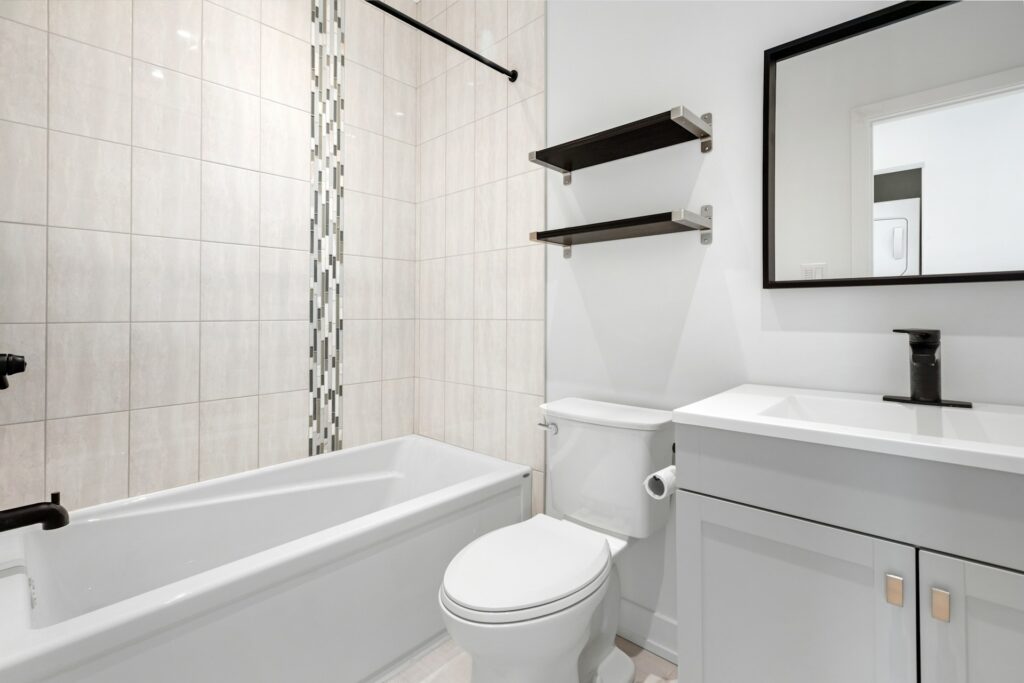A clogged commode can be an unpleasant and inconvenient issue, disrupting the daily routine of any household. While it’s often tempting to ignore the problem or hope it resolves itself, it’s essential to address the clog right away to prevent more serious plumbing issues. Understanding the common causes of a clogged commode and knowing how to take immediate action can save you time and hassle.
Common Causes of a Clogged Commode in Nichols Hills, OK
Understanding the common causes of a clogged commode can help you avoid this frustrating problem. Often, the source of the blockage can be traced back to everyday habits and items that accidentally end up in the toilet.
1. Excess Toilet Paper: One of the most common causes is using too much toilet paper. Even though toilet paper is designed to break down in water, large quantities can clump together and create a blockage.
2. Non-Flushable Items: Items that are not meant to be flushed often cause clogs. These can include baby wipes, paper towels, feminine hygiene products, and even some types of flushable wipes that do not disintegrate as easily as toilet paper.
3. Foreign Objects: Small items like children’s toys, toothbrushes, or other household objects can accidentally fall into the toilet and cause a clog when flushed. Curious kids are often the culprits behind these types of blockages.
4. Buildup of Waste Materials: Over time, waste materials can accumulate in the pipes, especially in older plumbing systems. This buildup can narrow the passage and make it easier for clogs to form.
Recognizing these common causes can prompt better habits and preventive measures, helping to reduce the frequency of clogged commode issues.
Immediate DIY Fixes for a Clogged Commode
When facing a clogged commode, immediate action can often resolve the issue. Simple DIY fixes can help clear the blockage without the need for professional intervention.
1. Plunger: The plunger is one of the most effective tools for unclogging a toilet. Ensure there’s enough water in the bowl to cover the plunger cup. Place the plunger over the toilet drain and push down gently, then pull up forcefully. Repeat this motion several times to create suction and dislodge the clog.
2. Hot Water and Dish Soap: Pouring hot water (not boiling) and a few tablespoons of dish soap into the toilet can help break down the clog. Let it sit for about 15 minutes, then try flushing. The soap helps to lubricate the pipes, while the hot water can dissolve greasy buildups.
3. Baking Soda and Vinegar: This chemical reaction can be effective for minor clogs. Pour one cup of baking soda, followed by one cup of vinegar, into the toilet bowl. Allow the mixture to sit for several hours or overnight. The bubbling action can help to loosen the clog. Flush the toilet to see if the blockage clears.
4. Plumbing Snake: For more stubborn clogs, a plumbing snake (also known as an auger) can be useful. Insert the snake into the toilet drain and turn the handle to push it through the clog. The auger can break up or hook onto the clog, allowing you to pull it out.
These immediate DIY fixes can handle the most common clogs and restore your toilet’s functionality quickly. Proper use of these methods ensures you address the issue effectively, minimizing the risk of recurrent blockages.
Tools You Need to Unclog a Commode
Having the right tools on hand can make a significant difference when dealing with a clogged commode. While many clogs can be resolved with simple items, investing in the correct tools ensures you’re prepared for various scenarios. Here’s a list of essential tools to keep ready:
1. Plunger: This is the first line of defense against most clogs. Opt for a flange plunger specifically designed for toilets, as it provides a better seal and more powerful plunging action.
2. Plumbing Snake (Auger): A plumbing snake can tackle more stubborn clogs that the plunger cannot handle. Manual and motorized versions are available, but a basic hand auger is usually sufficient for household use.
3. Baking Soda and Vinegar: Keeping these common household items available can be beneficial for chemical-free clog clearing. When combined, they can break down minor blockages naturally.
4. Toilet Auger: A more specialized version of the plumbing snake, a toilet auger can navigate the bends and curves of your commode more effectively, making it ideal for tougher clogs.
5. Bucket and Rubber Gloves: Always keep a bucket and rubber gloves nearby for ease of cleaning and handling, especially when dealing with messy situations.
Using the correct tools not only resolves the issue efficiently but also minimizes the risk of damaging your plumbing. Ensure these items are easily accessible to tackle clogs swiftly and effectively.
When to Call a Professional for a Clogged Commode in Nichols Hills, OK
While DIY methods can resolve many clogs, certain situations require expert intervention. Knowing when to call our professionals can prevent minor issues from escalating into serious plumbing problems.
1. Persistent Clogs: If you notice frequent clogs despite your best efforts, it could indicate a deeper issue within your plumbing system. Our professionals have the expertise and equipment to diagnose and resolve these underlying problems.
2. Unusual Noises or Water Levels: Gurgling sounds or fluctuating water levels in your toilet signal potential issues in your plumbing’s vent or drain lines. These problems require specialized knowledge and tools to address.
3. Sewage Backup: If you experience any signs of sewage backup, such as foul odors or water backing up into other drains, immediate professional intervention is necessary. This indicates a severe blockage or damage that needs expert repair.
4. Extensive Buildup: Sometimes, years of buildup can narrow pipes and reduce efficiency. Professional cleaning and maintenance can restore your plumbing’s functionality and prevent future clogs.
By knowing when to involve our technicians, you avoid exacerbating the issue and ensure a prompt, effective solution. Professional assistance guarantees your plumbing system remains in optimal condition, reducing the need for emergency repairs.
Conclusion
Addressing a clogged commode promptly and effectively is essential for maintaining a functional and pleasant household. Understanding common causes, employing immediate DIY fixes, and having the right tools on hand can resolve most clogs. However, knowing when to seek professional help ensures that complex or persistent issues are properly handled.
Taking these steps helps prevent further damage and maintain the efficiency of your plumbing system. Ignoring a clog or attempting the wrong fixes can lead to more severe problems and costly repairs. It’s always better to take a proactive approach and tackle the problem head-on.
For professional help with clogged commodes in Nichols Hills, OK, and other plumbing issues, trust Triple Play Home Services. Our experienced technicians are ready to assist you with reliable solutions, ensuring your home remains comfortable and problem-free. Reach out to us today to address any plumbing concerns you may have.


